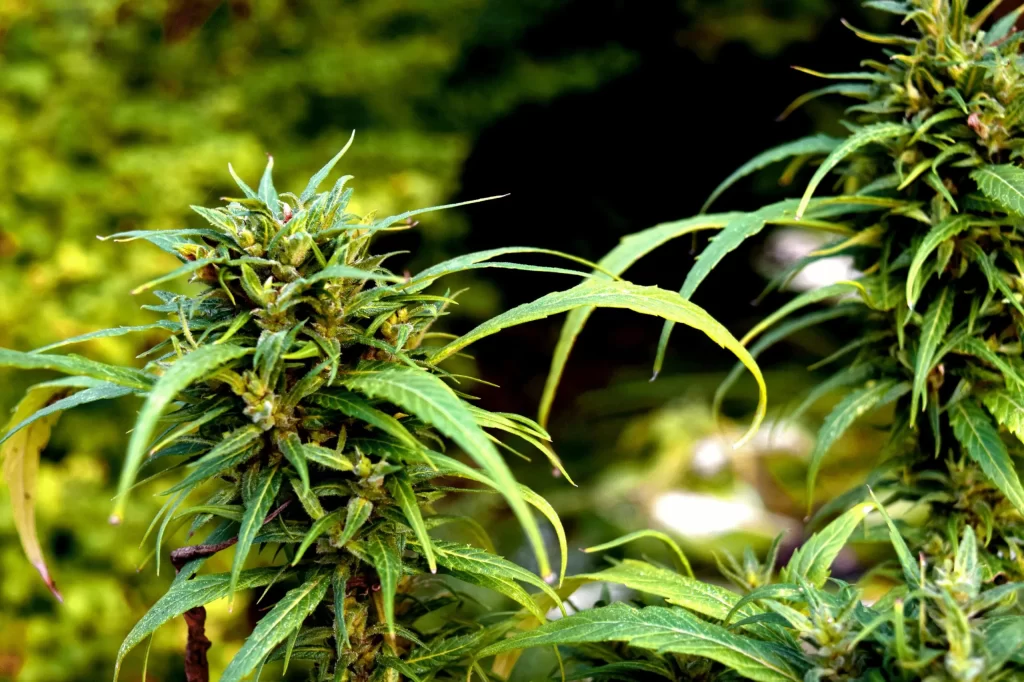Cannabis Can Be Certified As Regenerative
What does it mean to be regenerative and how does it differ from organic? Regenerative agriculture is what most consumers expect from an organic farm, but over the years the organic standards have slowly been lowered, diluting the brand “Organic”. “The lowering of the standards over the past 20 years has created the need for a certification that rewards farmers that are doing more than the bare minimum.” Van Hook continued.
In order to attain the regenerative label a farm must address four main categories in greater detail and effort than the organic minimums. Soil building, water conservation, increasing biodiversity and having the farm operate as a carbon sink are all components of the Regenerative Certification.
How is this accomplished? Regenerative farms often combine livestock into the farm, utilizing on-farm manures for composting and soil building. There is a greater effort at creating biodiversity of plant, beneficial insects and wildlife on and around the farm. Larger areas set aside for wildlife habitat. The soil becomes a living, breathing component of the farm thereby acting as a carbon sink which in turn begins to heal the earth’s agricultural areas. “The cannabis industry has the potential to be a leader in this effort, and Blue Star Farms is hopefully just the beginning of this trend” Van Hook continued.
Cannabis farms wanting to apply for the Clean Green Certified “organically managed” certificate, or the more advanced “Regenerative Agriculture” certificate are encouraged to contact the Clean Green Certified Program at: https://cleangreencertified.com

